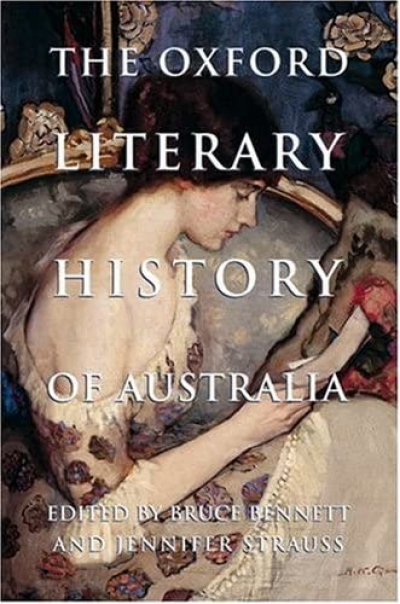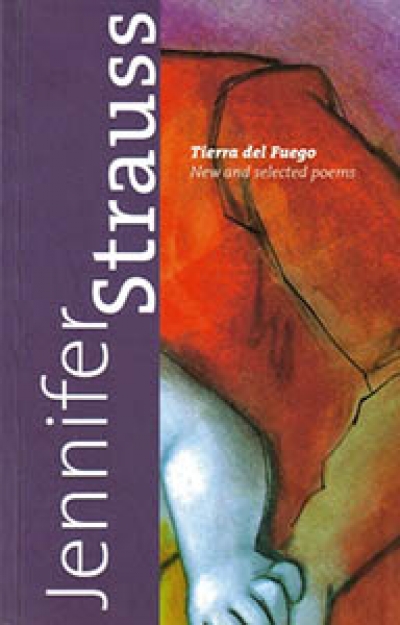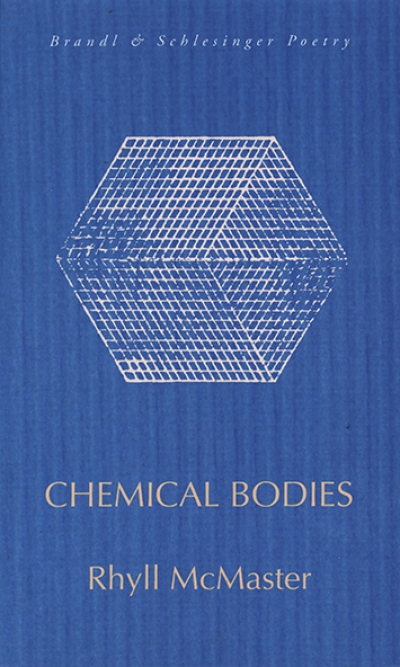‘Academic poet’ signifies, primarily, male academic poet. So, does the adjective ‘female’ in ‘female academic poet’ more intensely qualify ‘academic’ or ‘poet’? And what happens when that female academic poet is a teacher and student of feminist theory and women’s writing? Predictably enough, her work tempts the taboo-laden conjunction of politics and poetry.
It must be said that the poems in Tierra def Fuego, the new and selected poems of Jennifer Strauss, exhibit little anxiety about either of these issues: the role of women in academia or the threat politics might offer to the lyric, Strauss’ poetic home base. The trademarks of the academic poet have an established place in Strauss’ work: the new poem ‘Life 301 – Birthday Tutorial’, for example, picks up a theme from ‘Life 101 – Lecture’ from her first collection, Children and Other Strangers, of 1975, using the classroom as a metaphor for other kinds of learning.
...
(read more)



